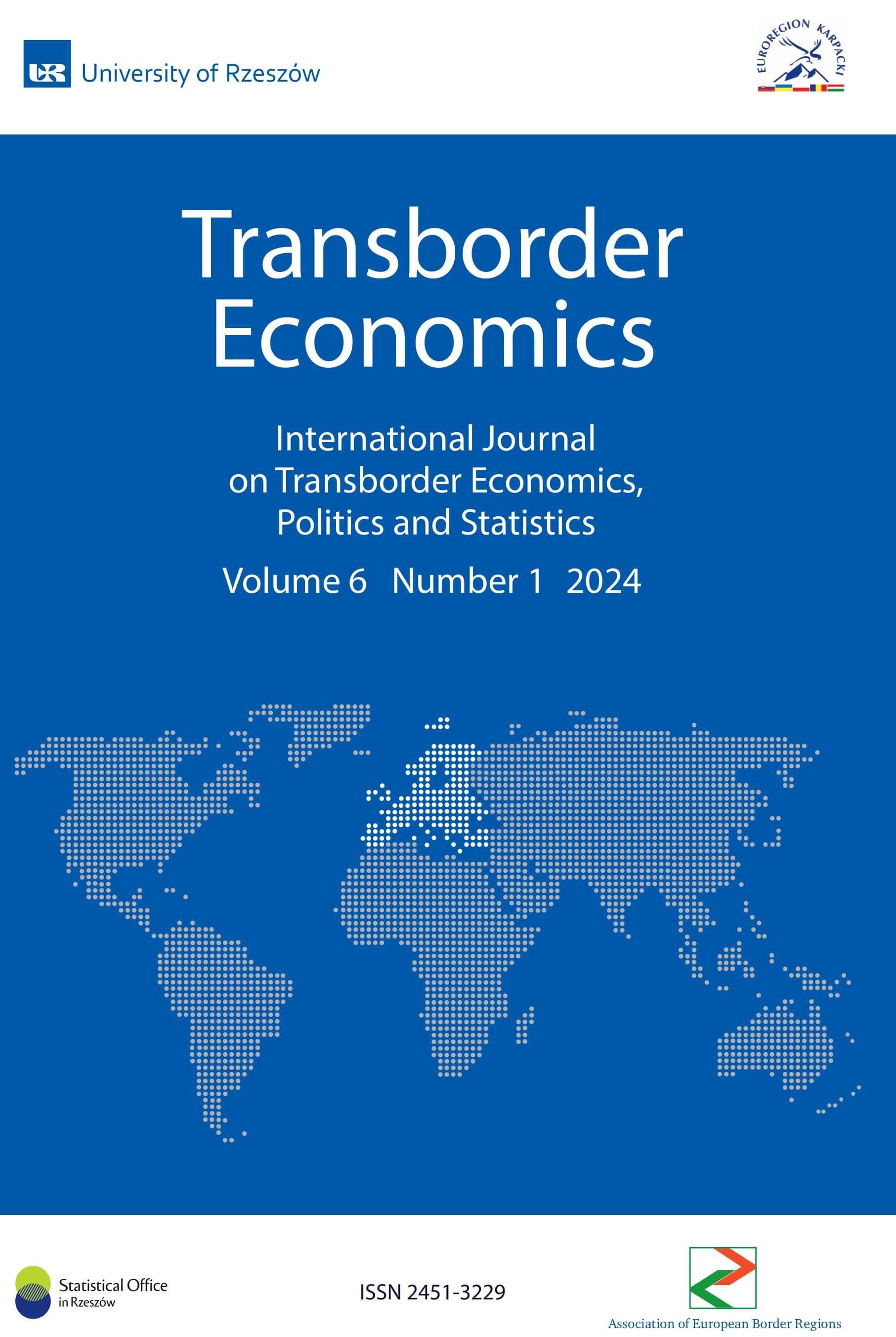Social projects in Poland: decision-making analysis and their role in entrepreneurial development
Słowa kluczowe:
social projects, entrepreneurship, young people, futureAbstrakt
Social projects are becoming an increasingly important tool in creating positive social change and supporting the development of local communities. At the same time, entrepreneurship plays a key role in driving the economy and creating innovative solutions for communities. Understanding the decision-making process of social projects and their impact on the development of entrepreneurship is becoming, therefore, essential for the effective promotion of sustainable social and economic development.
The purpose of this article is to analyze the decision-making process of social projects and examine their role as a form of entrepreneurial development in Poland. Through the analysis of statistical data and our own experience, aspects of the key decisions made at various stages of social projects and the assessment of their impact on the effectiveness and sustainability of these initiatives will be presented.
The study focuses on practical conclusions and implications of the analysis results for future social and business projects in Poland. In addition, the situation of Poland's neighboring countries was analyzed in terms of their level of involvement in such activities. It can be concluded that they do not remain passive.
Therefore, raising the question of how such projects are carried out and what are the benefits of participation in them will allow a better understanding of the topic and will provide a basis for further discussion without completely exhausting such a vast topic as social projects in terms of decision-making and business development.
Downloads
Pobrania
Opublikowane
Jak cytować
Numer
Dział
Licencja
Prawa autorskie (c) 2024 TRANSBORDER ECONOMICS. International Journal on Transborder Economics, Finance, Politics and Statistics.

Utwór dostępny jest na licencji Creative Commons Uznanie autorstwa – Użycie niekomercyjne – Bez utworów zależnych 4.0 Międzynarodowe.


